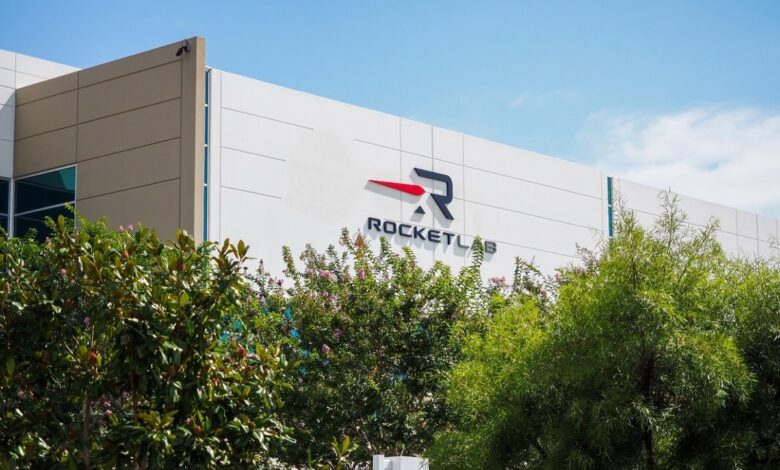Rocket Lab Explores Satellite Constellation Venture for Recurring Revenue

In a strategic move to generate recurring revenue, Rocket Lab is considering the development of a satellite constellation similar to SpaceX’s Starlink venture. Rocket Lab CFO Adam Spice revealed the company’s aspirations during the TD Cowen 45th Annual Aerospace & Defense Conference on February 14, emphasizing the goal to emulate SpaceX’s success in the applications market.
While SpaceX has chosen consumer broadband and other applications through Starlink as its anchor application in space, Rocket Lab is evaluating various constellation application opportunities. Spice outlined the company’s vision of an end-to-end approach, not just limited to building and launching satellites but extending to operating them and establishing a recurring revenue stream from end customer relationships.
Rocket Lab has already positioned itself as a comprehensive space company, operating its small Electron rocket for commercial and defense clients, developing the larger Neutron rocket set for its maiden flight later this year, and engaging in a thriving space systems business. This business includes offerings such as full satellite buses and spacecraft components like solar panels and reaction wheels.
The company’s recent win of a $515 million contract to build 18 satellites for the Space Development Agency demonstrates its vertical integration strategy. Rocket Lab aims to strengthen its capabilities further by reducing reliance on third-party suppliers, particularly for the payload portion of spacecraft.
Having closed a $355 million convertible note offering earlier this month, Rocket Lab plans to utilize the funds to expand its payload capabilities through acquisitions. Spice highlighted the current market conditions as favorable for acquisitions, with distressed assets presenting opportunities to enhance Rocket Lab’s technology portfolio.
As Rocket Lab sets its sights on becoming a key player in the satellite constellation business, its move mirrors the success of SpaceX and underscores the evolving dynamics in the space industry.


